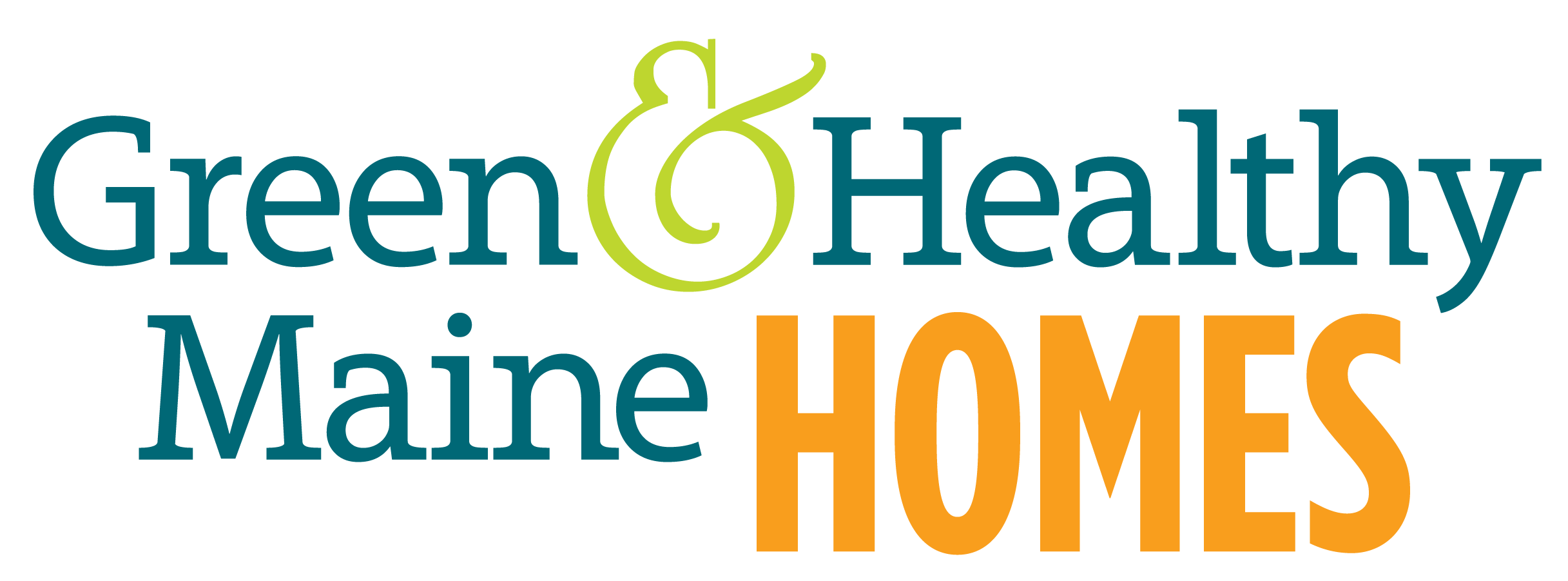Sustainable investing offers options
By Kristen Smith
PRINCE HARRY AND MEGHAN made news last year when they joined Ethic, a financial asset manager that facilitates investing in socially conscious companies that do more than boast a high rate of return. It’s a high-profile demonstration of confidence in the cascade of sustainable funds that Deutsche Bank estimates have almost doubled in assets in the last year. A growing number of people, most notably younger investors, are prioritizing sustainable investing to use their money as a force for good.
Sustainable investing provides varied approaches to supporting companies that align with your values. Options are referred to interchangeably as socially responsible investing (SRI), environmental, social and governance (ESG) investing, or impact investing. These concepts are often captured under one umbrella, but there are important differences among them.
SRI, ESG and Impact Investing
SRI aligns your dollars with specific values by avoiding investments in “sin stocks” like oil, tobacco or alcohol, or rejecting companies that violate an important personal value, such as apartheid or opioids. SRI often puts one’s values ahead of overall company performance.
ESG investing evaluates corporate environmental, social and governance policies—key factors when measuring the sustainability and ethical impact of an investment—and looks holistically at company traits not reflected in a traditional balance sheet. Favorable ESG traits include carbon neutrality, employee diversity, sourcing transparency and philanthropy.
Impact investing focuses primarily on outcomes. Regardless of operations or values, these investors want to generate a positive, measurable social and environmental impact alongside a financial return. They look for opportunities to change various systems that shape the larger society.
How to use your money for good
With so many variables, a good starting point for an individual investor is to define what sustainable investing means to you. Are you more motivated to keep your dollars out of companies that test on animals or to support microfinancing in developing countries? Do you want a deeper impact in one area or a portfolio that features multiple strategies?
Recent years have seen an explosion of mutual funds and exchange-traded funds (ETFs) categorized as sustainable. Some feature only businesses aligned with one key metric; others include a variety of criteria from the approaches above. A financial advisor specializing in SRI can help you to identify well-researched funds or help you build a personalized portfolio. Well-known trading platforms like E-Trade or investment company Vanguard also offer SRI funds that align with most of the interests of sustainable investors; they also provide libraries of free educational resources.
Though sustainable funds lack the long track record used to evaluate traditional funds, recent returns show ESG funds are holding their own against non-ESG portfolios. Increased consumer scrutiny of environmental impact or public stances on hot-button social issues continue to push companies to embrace more sustainable practices, incrementally bringing more businesses under the mantle of sustainable investing.
As social pressure mounts for companies to address their carbon footprint or inequitable personnel policies, they can be tempted to “greenwash” by focusing on their progress while obscuring their less favorable aspects. Because businesses self-report without regulatory monitors or established common benchmarks, the individual investor needs to do their own research, follow the news and determine their tolerance for less progress in some areas. Sustainable investing is not perfect; it is very hard to find a perfect company, a perfect mutual fund or ETF or a perfect set of metrics. While many businesses are evolving to address shifting consumer concerns, most profitable companies are not unassailable in every sustainability metric.
B Corp Certification
One of the best measures of a company’s entire social and environmental performance is B Corp certification. The B Impact Assessment evaluates how a company’s operations and business model affect their workers, community, environment and customers. From supply chain and input materials to charitable giving and employee benefits, B Corp Certification demonstrates that a business has met the highest standards of verified performance and continues to do so through annual recertification.
Finding a B Corp that aligns with your investment priorities is easy. There are currently 4,088 B Corp- certified companies representing 153 industries across 77 countries, with the number of companies submitting applications growing rapidly. Maine now has 11 certified companies with several others in the review process. Learn more and find certified businesses at bcorporation.net.
Whether you are a seasoned investor or are just getting started, it is important to remember that investing is not only for the elite. Your dollar is as important as anyone else’s, and when you direct your money to support businesses that align with your values, you help create the change you hope to see.
This article appeared in the 2021-22 Green & Healthy Maine WINTER Guide. Subscribe today!
Click here to find Maine experts that specialize in healthy, efficient and sustainable homes: Builders & designers, heating/cooling systems, insulation & air sealing, landscaping, renewable energy, realtors, finance programs and more in the Green Homes Business Directory.



